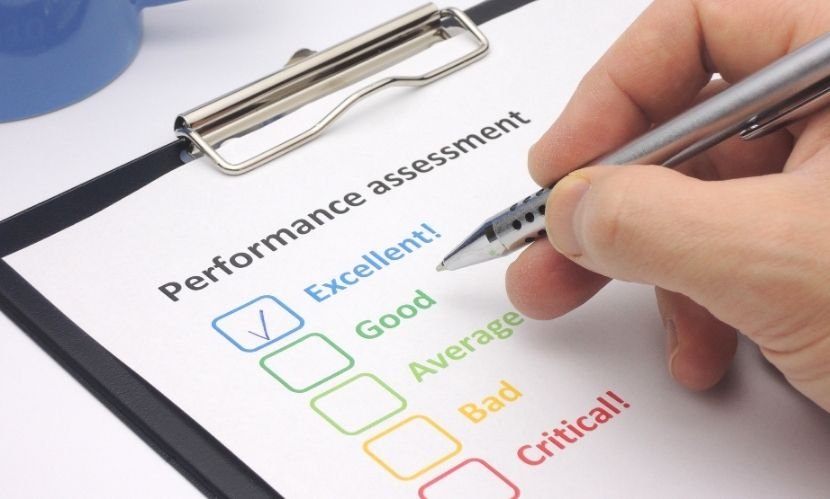When navigating the complex landscape of vocational education and training (VET) in Australia, one term that frequently arises is ASQA Performance Assessment. For registered training organisations (RTOs), understanding ASQA’s performance assessment process is crucial for maintaining compliance and ensuring high-quality training outcomes. Let’s dive into what ASQA’s performance assessment entails, why it’s important, and how RTOs can prepare effectively.
What is ASQA Performance Assessment?
The Australian Skills Quality Authority (ASQA) is the national regulator for the VET sector. ASQA’s role includes overseeing the quality of training provided by RTOs to ensure it meets national standards. Performance assessment is a key component of ASQA’s regulatory approach, aimed at evaluating how well RTOs deliver training and assessment services.
ASQA’s performance assessment focuses on several critical areas:
- Compliance with Standards: Evaluating whether RTOs adhere to the Standards for Registered Training Organisations (RTOs) 2015.
- Training and Assessment Outcomes: Assessing the effectiveness of training programs and their alignment with industry needs.
- Continuous Improvement: Reviewing how RTOs implement and manage quality improvement processes.
Why is ASQA Performance Assessment Important?
Performance assessment serves multiple purposes:
- Quality Assurance: It ensures that training and assessment provided by RTOs meet the required standards and are effective in delivering the desired outcomes.
- Regulatory Compliance: It helps maintain consistency and fairness in the VET sector by holding RTOs accountable for meeting national requirements.
- Student Protection: By evaluating training quality, performance assessments help safeguard the interests of students, ensuring they receive valuable and relevant training.
How Does the Performance Assessment Process Work?
The performance assessment process typically involves several stages:
- Preparation: ASQA notifies RTOs about the assessment, providing details on what will be reviewed and how. RTOs should prepare by gathering relevant documentation and reviewing their own practices.
- Assessment: ASQA conducts the assessment, which may include site visits, document reviews, interviews, and observations. The focus is on evaluating the RTO’s adherence to the Standards and the effectiveness of its training programs.
- Reporting: After the assessment, ASQA provides a report outlining findings, including any areas of non-compliance. This report also includes recommendations for improvement.
- Follow-Up: RTOs are required to address any issues identified in the report and implement corrective actions. ASQA may conduct follow-up reviews to ensure that improvements have been made.
Preparing for Performance Assessment
Preparation is key to a successful performance assessment. Here are some tips for RTOs to ensure they are ready:
- Review Compliance: Regularly review and audit your practices against the Standards for RTOs. Make sure that all aspects of your training and assessment services are compliant.
- Document Processes: Maintain comprehensive records of your training and assessment practices. This includes policies, procedures, and evidence of continuous improvement.
- Engage Staff: Ensure that your staff are aware of the standards and their role in maintaining compliance. Regular training and professional development can help.
- Self-Assess: Conduct internal reviews and mock assessments to identify potential issues before ASQA arrives. This proactive approach can help you address any gaps in advance.
The Benefits of Embracing ASQA Performance Assessment
While performance assessments can be rigorous, they provide significant benefits:
- Enhanced Quality: Continuous evaluation helps improve training and assessment practices, leading to better outcomes for students.
- Increased Credibility: Demonstrating compliance with ASQA standards enhances the credibility of your RTO in the eyes of students and industry partners.
- Opportunities for Improvement: Performance assessments often reveal areas for improvement that can lead to more effective and efficient operations.
Read More Reports:
https://vetresources.com.au/blog/importance-of-feedback-in-the-employee-employer-relationship/
https://vetresources.com.au/blog/the-four-key-pillars-of-the-strategic-plan-for-a-training-organisation/
https://vetresources.com.au/blog/how-to-promote-your-rto-to-international-students/
https://vetresources.com.au/blog/non-compliance-how-rtos-can-use-atr-to-get-back-on-track/
https://vetresources.com.au/blog/streamlining-rpl-for-international-students/
About Us
We aim to provide only the best of resources to your RTO at competitive market rates. We are here to ensure that each resource is meticulously validated to guarantee top quality by our exceptional Subject Matter Experts and proofread by compliance experts. Our talent members are inclined towards developing only the top-quality VET Resources, RTO Training Resources, and other RTO materials for Certificate I up to the Graduate Diploma level, which are highly suitable for Australian qualifications.
Contact Us
Address – 13/19 Radnor Drive, Deer Park VIC 3023, Australia
Phone Number – 1800 959 958
Mail – info@vetresources.com.au
Website – https://vetresources.com.au/
